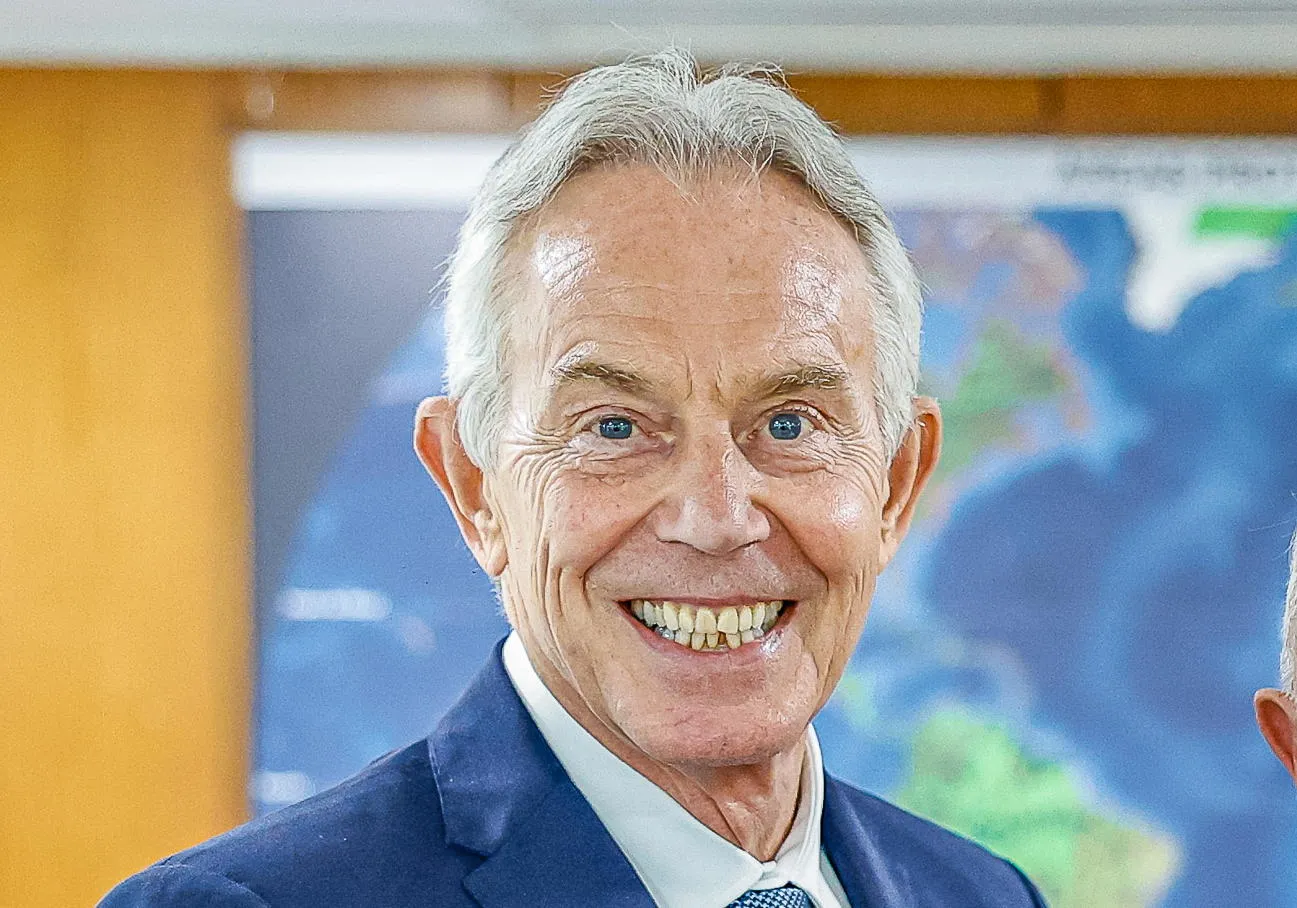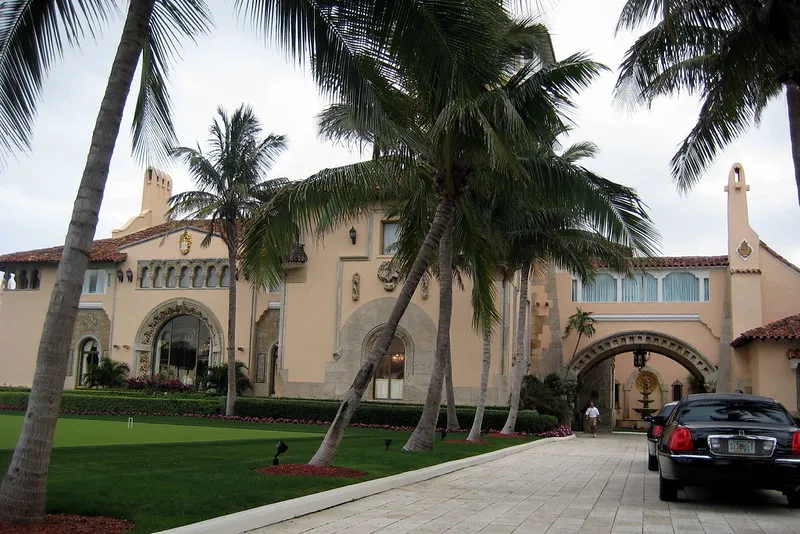On Dec. 23, the Court of Appeal of Bucharest will decide on the admissibility of a legal action launched by Elena Radu and other lawyers together with ex-candidate Călin Georgescu, to remedy the anti-democratic annulment on Dec. 6 of the Presidential election. Radu also launched a well-documented letter asking for support against political pressure on justice.
The well-known lawyer gave an interview to Alexandra Bellea-Noury for EIR, which will be made available soon. Here are some paraphrases and quotes from the interview.
Radu first stated that the Constitutional Court of Romania (CCR) surpassed its competence. The CCR does not have any jurisdiction in the organization of the process for election of the President of Romania, but the government does. The CCR only oversees the compliance with the electoral procedure and validates (or rejects validation of) the election results.
She then examined the intelligence notes, declassified by the President, which were the basis for the CCR decision. To the question: “Can we say that first was taken the decision to persecute Georgescu, and the arguments were created afterwards?” Radu answered: “Yes, if we look at the dates of issuance of the SRI (Intelligence Service for Home Defence) intelligence documents and the dates appearing in their content, we see that they were written after the date of the meeting of the CSAT (Supreme Council of National Defence) on November 28 which asked for clarification of Georgescu’s campaign allegedly based on these secret service notes. These documents are in fact an attempt to create pro causa evidence to support the decision taken by the CSAT.”
“They do not say anything concrete but try to create confusion and a suspicion that there was a possibility that the electoral process could have been affected. … The notes are made as if they took rumors from the internet and put them on paper. I don’t believe that any secret service of any state can write papers that have no substance.”
“It is concluded from the outset that Romanian electoral law has been violated, but no article of law is quoted that has been violated. There is talk about some citizens who started a campaign to support the candidate on TikTok, which was then taken over by others, whereas the law regulating the financing of electoral campaigns does not prohibit the indirect financing of electoral campaigns by Romanians.”
On foreign interference (supposedly Russian), she said that the excerpt from the Foreign Secret Service (SIE) report is like a student’s composition about potential risks, nothing concrete, nothing to do with the candidate. The proof for that is, that no intelligence service made any criminal complaint before Dec. 4, the date of the declassification, even though they are obliged to do so if they find actions aimed at influencing the outcome of the vote.
Radu: “What ‘foreign interference’ are we talking about? In our country the vote is physical, with the stamp on the ballot papers. The physical minutes from each polling station are uploaded on the online platform roaep.ro which is open to the public, and the centralization is done there in real time. The results were confirmed on November 26 by the Central Electoral Bureau.” “STS, the service in charge of the IT&C infrastructure, denied that there was any interference that could have affected the outcome of the vote.”
On the criminal investigations featured in the media, Radu said that there is currently no criminal proceeding against any person from the Georgescu campaign. After Dec. 4, there has been an attempt at intimidation in Romania, on the one hand, and on the other hand they have tried to start criminal cases against some people, but without any connection with candidate Georgescu. However, they tried to cover the cases in the media so that they would be linked to Georgescu. Even in the information notes there is no reference to candidate Georgescu having known or coordinated anything.
In that context, it is to be noted that Romania’s President Iohannis prolonged his mandate after the annulment of the Romanian presidential election on Dec. 6—until new elections would be organized and a new president elected, so at no definite time. The President’s five-year term of office expired on Dec. 21, 2024.
According to lawyer Elena Radu, the chronological order of events shows that the President has interfered in the work of the Constitutional Court of Romania (CCR) with the result of extending his mandate. On Dec. 6, the day the CCR issued first its decision to annul the Presidential election without communicating the full motivation document. Then, President Iohannis gave a press conference saying that his term of office would be extended, referring to Art. 83 of the Constitution. That was two hours before the Constitutional Court then published the full motivation of the decision, mentioning the extension of the term of office of the current President with reference to the same Art. 83. This suggests that the President knew about the content of this document before its publication.
Radu also noted in her interview with Alexandra Bellea-Noury that the Constitutional Court cannot extend the term of a President, as it has done. According to Romanian law, the President’s term of office may be extended only in exceptional circumstances, in cases of war or disaster, and only by the Romanian Parliament, by organic law.
One may ask if the President’s interventions on elections and justice were not due to an impulse from another, foreign intervention on him (not from Russia). The list of strategic partners of Romania is not very long—it includes the U.S., Great Britain and France.
The full interview will soon be available for publication in EIR.



